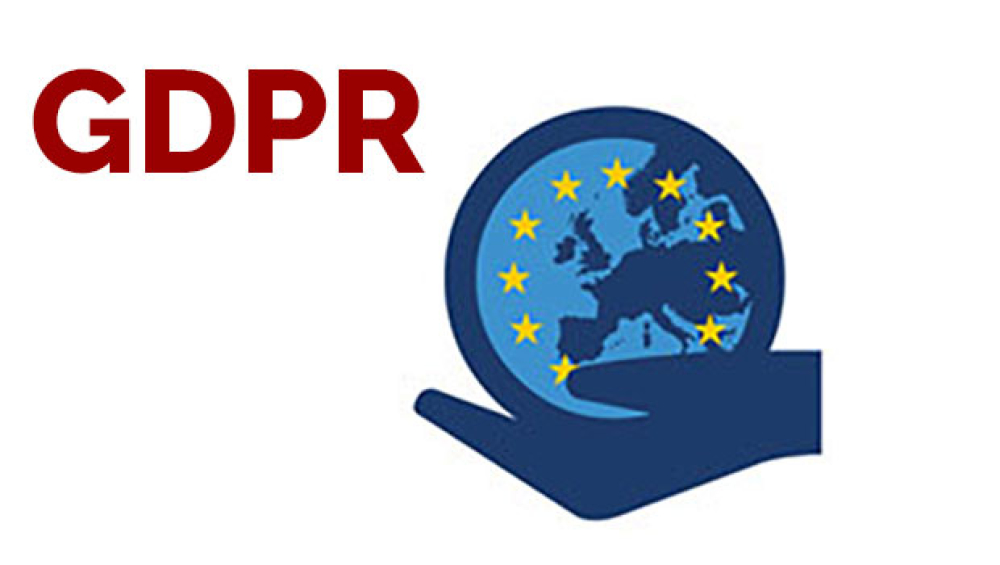So, was GDPR another Y2K?
04 Sep 2018

The simple answer is NO! But, it may result in similar ramifications for business. Y2K was a clearly defined technology problem which was understood, planned for, and ultimately solved by upgrades and money. GDPR was legislation hoping to protect user data in an ever increasing digital marketplace, and comes with all the baggage that laws and controls have with regard to interpretation.
Attaining GDPR compliance will require changes across technology and business processes that will undoubtedly affect the operating model for most organisations. This will of course cost money but it is not clear yet what compliance looks like from company to company as we have all seen from the deluge of re-permissioning emails all sporting a different level of understanding of implicit or explicit consent.
Both Y2K and GDPR have resulted in a forced housekeeping of business processes and customer data. The numbers of contacts left for marketers to engage with is now significantly less than prior to the 25th May deadline.
Marketers have for a long time aspired to be good at what they do, but “stuff” always got in the way meaning compromises on targeting and relevance had to be made. This fostered a culture of focus on task rather than objective, whereby the volume of communication was as important as what it actually achieved. With the advent of GDPR it is no longer acceptable to just want to be good, the bar has been raised, and marketers have no choice but to be better. All marketing activity has to be tracked to ensure relevance and consent are maintained, and as the lists are smaller, the communication has to achieve the desired business goal otherwise the marketers won’t have anyone left to talk to!
In general, these desired business goals are usually getting prospects to become customers, retaining existing customers and getting them to buy more. This customer lifecycle is specific to each organisation and should form the basis of the marketing communications strategy for an organisation but so often does not. Marketing teams are traditionally organised by functional specialty and can lead to a lot of “left hand doesn’t know what right hand is doing” with limited accountability to revenue KPI’s.
So, what does this mean for these types of organisations post-GDPR? Ultimately, we’ll have to wait and see, but I think there will be a massive cull in proactive communications. Most significantly via email, as fear of breaches and fines discourage marketers from marketing, and lack of required resources/automation prevent them from sending the right message to the right person at the right time.
This enforced housekeeping is change, and as we know, change is painful and disruptive.
According to Darwin’s Origin of Species, it is not the most intellectual of the species that survives; it is not the strongest that survives; but the species that survives is the one that is able best to adapt and adjust to the changing environment in which it finds itself.
The organisation and marketer will need to evolve, else marketing and the organisation will die. Customer expectation is the highest it has ever been, and this coupled with an ever-shortening attention span means marketers have to meet these expectations quickly and through whichever medium the customer has chosen. This mass-customisation problem has two solutions – 1. Hire a marketer for every 5-10 of your customers or, 2. Implement some effective marketing technology to simplify the complexity and make it more manageable.
I think you’ll agree that only one of these is practical. We hope to hear from you soon.

Please login to comment.
Comments